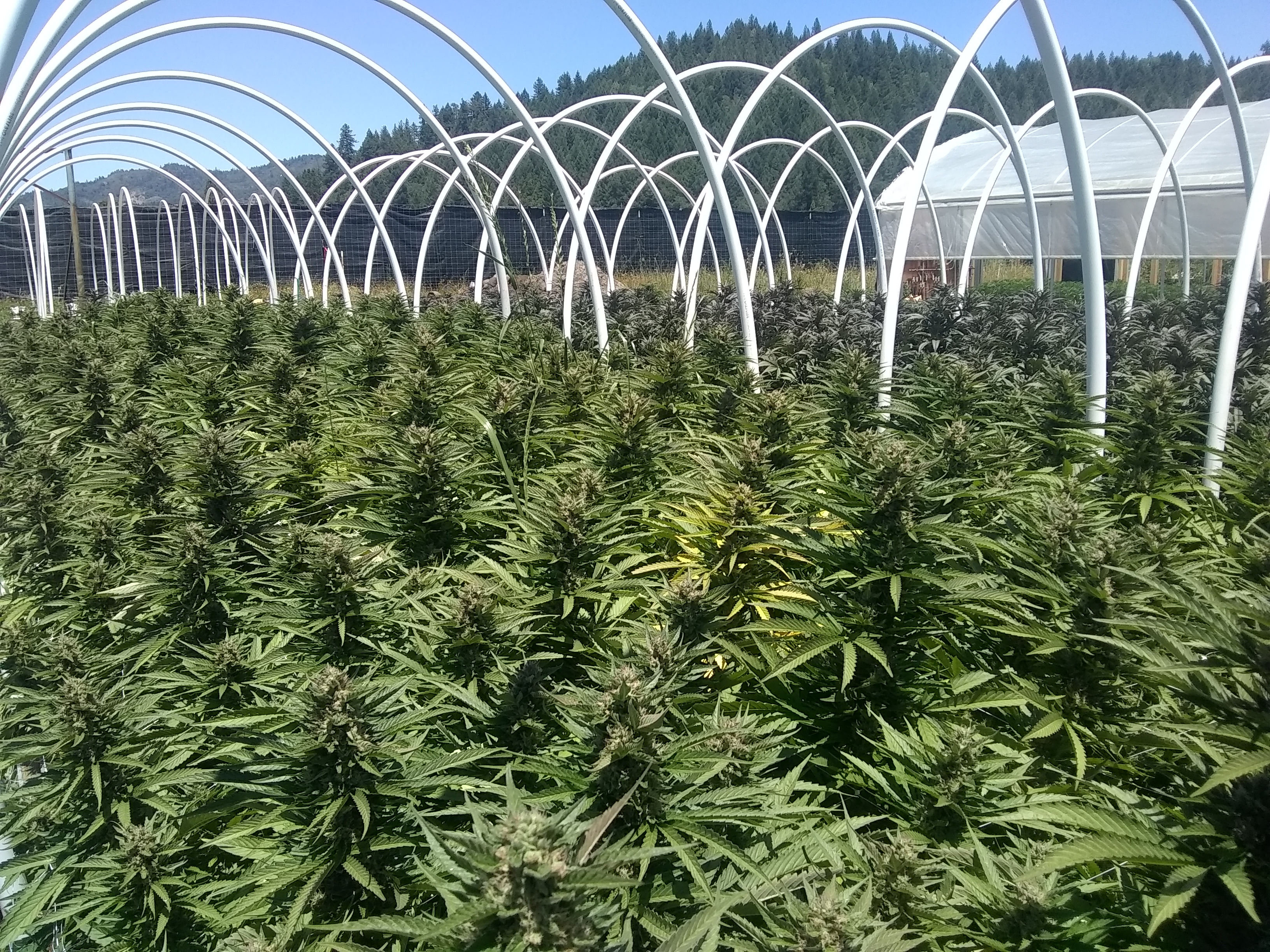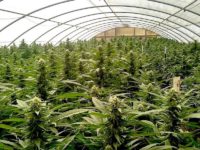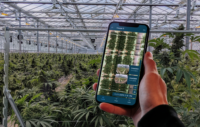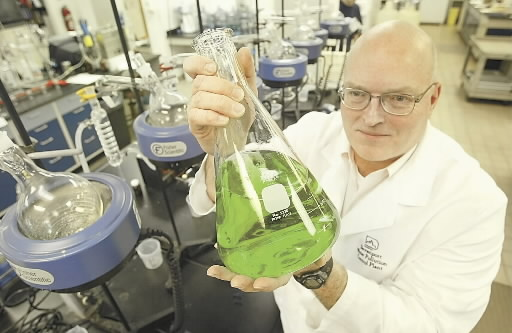Cannabis, we have a problem. Legalizing adult use cannabis in California caused the demand for high-potency cannabis to increase dramatically over the last several years. Today, many dispensary buyers enforce THC minimums for the products that they sell. If smokeable flower products don’t have COAs proving the THC levels are above 20% or more, there is a good chance many dispensaries won’t carry them on their shelves. Unfortunately, these kinds of demands only put undue pressure on the industry and mislead the consumer.
Lab Shopping: Where the Problems Lie
Lab shopping for potency analysis isn’t new, but it has become more prevalent with the increasing demand for high-potency flower over the last couple of years. Sadly, many producers submit valid, certified COAs to the California Bureau of Cannabis Control (BCC), which show two to three times the actual potency value.
At InfiniteCAL, we’ve purchased products from dispensary shelves and found significant discrepancies between the analysis we perform and the report submitted to the BCC by the producer. So, how can this happen? Several factors are creating the perfect storm in cannabis testing.
Problems with Potency
Many consumers still don’t understand that THC potency is not the only factor in determining quality cannabis, and they are unwittingly contributing to the demand for testing and analysis fraud. It is alarming for cultivation pioneers and ethical labs to see producers and profit-hungry testing facilities falsifying data to make it more appealing to the unaware consumer.
 Basically, what’s happening is growers are contacting labs and asking, “I get 30% THC at this lab; what can you do?” When they see our COA reporting their flower tested lower than anticipated, they will go to another lab to get higher test results. Unfortunately, there are all too many labs that are willing to comply.
Basically, what’s happening is growers are contacting labs and asking, “I get 30% THC at this lab; what can you do?” When they see our COA reporting their flower tested lower than anticipated, they will go to another lab to get higher test results. Unfortunately, there are all too many labs that are willing to comply.
I recently saw a compliant COA that claimed that this particular flower was testing at 54% THC. Understanding cannabis genetics, we know this isn’t possible. Another product I reviewed claimed that after diluting an 88% THC distillate with 10-15% terpenes, the final potency test was 92% THC. You cannot cut a product and expect the potency to increase. Finally, a third product we reviewed claimed 98% total cannabinoids (while only looking at seven cannabinoids) with 10% terpenes for a total of 108% of the product.
These labs only make themselves look foolish to professionals, mislead laymen consumers and skirt under the radar of the BCC with basic mathematical errors.
The Pesticide Predicament
Frighteningly, inflating potency numbers isn’t the most nefarious testing fraud happening in the cannabis industry. If a manufacturer has 1000 liters of cannabis oil fail pesticide testing, they could lose millions of dollars – or have it retested by a less scrupulous lab.
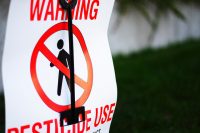
As the industry continues to expand and new labs pop up left and right, cultivators and manufacturers have learned which labs are “easy graders” and which ones aren’t. Certain labs can miss up to ten times the action level of a pesticide and still report it as non-detectable. So, if the producer fails for a pesticide at one lab, they know four others won’t see it.
In fact, I’ve had labs send my clients promotional materials guaranteeing compliant lab results without ever receiving a sample for testing. So now, these companies aren’t just tricking the consumer; they are potentially harming them.
An Easy Fix
Cannabis testing is missing just one critical factor that could quickly fix these problems – checks and balances. The BCC only needs to do one of two things:
Verifying Lab Accuracy
InfiniteCAL also operates in Michigan, where the Marijuana Regulatory Agency (MRA) has already implemented a system to ensure labs are maintaining the highest testing standards. The MRA will automatically flag all COAs which test above a certain percentage and require the product to be retested by multiple labs.
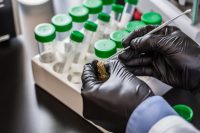 Labs are required to keep a back stock of material. So, when test results come back abnormally high from Lab A, then Labs B, C and D are commissioned to retest the material to compare data. If Lab A reports 40% THC, but the other labs all report 18%, then it’s easy to see Lab A has made an error.
Labs are required to keep a back stock of material. So, when test results come back abnormally high from Lab A, then Labs B, C and D are commissioned to retest the material to compare data. If Lab A reports 40% THC, but the other labs all report 18%, then it’s easy to see Lab A has made an error.
Secret Shopping
By simply buying products off the shelves and having them blind-tested by other labs, it would be simple for the BCC to determine if the existing COA is correct. They already have all the data in Metrc, so this would be a quick and easy fix that could potentially solve the problem overnight.
For example, at InfiniteCAL, we once purchased 30 samples of Blue Dream flower from different cultivators ranging in certified COA potencies from 16% to 38%. Genetically, we know the Blue Dream cultivar doesn’t produce high levels of THC. When we tested the samples we purchased, nearly every sample came back in the mid-teens to low 20% range.
Labs Aren’t Supposed to Be Profit Centers
At InfiniteCAL, we’ve contacted labs in California where we’ve uncovered discrepancies to help find and flush out the errors in testing. All too often, we hear the excuses:
- “If I fix my problem, I’ll lose my clients.”
- “I’m just a businessman who owns a lab; I don’t know chemistry.”
- “My chemist messed up; it’s their fault!”
If you own a lab, you are responsible for quality control. We are not here to get rich; we are here to act as public safety agents who ensure these products are safe for the consumer and provide detailed information about what they choose to put in their bodies. Be professional, and remember you’re testing for the consumer, not the producer.



